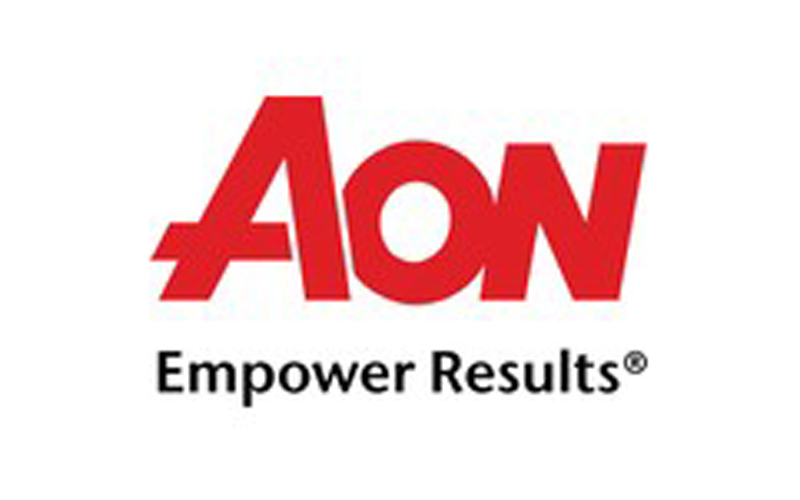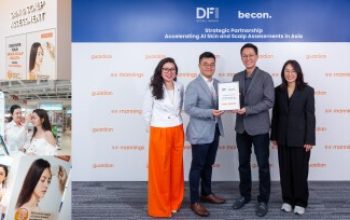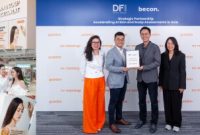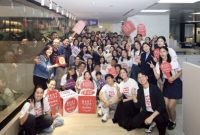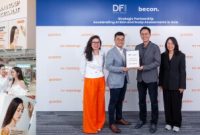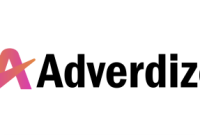Changing market demands due to COVID-19 are driving organisations to evaluate reskilling their workforce.
SINGAPORE – Media OutReach – 23 September 2020 – Aon plc (NYSE: AON), a leading global professional services firm providing a broad range of risk, retirement and health solutions, has released the results of a new global pulse survey focused on how companies are rethinking their human capital strategies in response to the humanitarian and economic impacts of the novel coronavirus (COVID-19) pandemic.
The COVID-19 crisis has forced companies to evaluate employees beyond their current roles and look closely at employee potential, capability, and most importantly, adaptability to change. Building an agile workforce has emerged as a top priority for human resources (HR) and business leaders.
Aon conducted the survey of 415 HR leaders and professionals in Singapore from 17 August to 25 August 2020, called “Accelerating Workforce Agility and Resilience.” Eighty four percent of respondents said that an agile workforce, defined as quickly assigning new roles to employees to support changing business needs, is now more important to the success of their business than ever before. However, only 38% currently view their workforces as agile.
“This workforce agility gap between what employees can handle today versus what will be required of them in the near future is a major challenge for companies across industries,” said Na Boon Chong, Managing Director and Partner, Human Capital, Southeast Asia, Aon. “The main issue that businesses are facing today is reskilling the workforce in the right way. At the same time, the ease of remote working tells us that closing off borders to talent is not the solution.”
If agile is the way of the future, are Singapore companies future-ready?
As more companies plan to extend their remote working arrangements, three-quarters of all respondents said they are investing in new tools and technology to improve productivity and collaboration. More than half of the respondents are also providing employees with wellbeing tools and programmes.
Additionally, 46% of survey respondents said that their companies have enhanced or are considering enhancing allowances and reimbursements to cover mobile phone, internet and home office expenses.
While the above measures go beyond simply identifying the roles that can or cannot work remotely, companies are still unsure of exactly how their working models need to change. During a recent meeting of Aon’s Work, Travel and Convene Coalition that included Singapore’s leading companies, several Coalition members emphasized the need to quantify the impact of remote work, observing that most Singapore companies have not yet started measuring remote productivity relative to pre-pandemic times.
Enhancing remote work arrangements will create new types of productivity measurements, especially around collaboration metrics, that are more suited to the agile workforce of the future. This was echoed by 84% of survey respondents who said that assessing employees for adaptability, collaboration and communications skills is extremely important in the current business climate.
“Creating agile workforces across industries will include data analysis, segmentation of the workforce, and a sustained period of experimentation, until the right mix of technology and human capital can be achieved,” said Alexander Krasavin, Partner and Regional Commercial Head, Human Capital, APAC & MEA, Aon. “Remote working has highlighted the massive shift in working models, bringing into sharper focus the issue of agility. Various sectors are thinking about these things differently — some are using data and questioning how to make remote work better. Others, such as technology companies, have taken a more bottom-up approach.”
When work is no longer a place you go, talent searches can become more inclusive
When remote work is no longer a benefit but a norm, the talent acquisition process is opening up to a global pool of candidates, making the correlation between remote workforces and diversity clear to HR leaders.
Attracting and retaining diverse employees ranked third among the top 10 factors needed to build and maintain an agile workforce, according to Aon’s survey. In addition, 87% of respondents felt that an inclusive work culture was important, ahead of factors such as identifying employees with digital skills, introducing new career paths, or developing flexible compensation programmes.
To enable an inclusive work culture, 66% of survey respondents say their companies are prepared to support working parents who may not have access to childcare facilities. However, these efforts are currently tied to enhancing Employee Assistance Programs (EAPs). More broadly, 33% of survey respondents indicated that their companies have changed, or are actively considering changing, their time-off policies in response to the pandemic. Among these companies, 28% created additional emergency paid leave policies beyond what is required by law to cover caregiving, illness or quarantining in 2020. Another 8% created policies covering both 2020 and 2021, and 2% created permanent policies.
Efforts to create an inclusive workplace, among many others, are believed to improve workforce resilience. “The COVID-19 pandemic has raised important questions, such as should businesses widen the scope of social responsibility by partnering more with the government to pay for some of the externalities? Is resilience more important than efficiency?” observed Na Boon Chong. Addressing these questions will create the right kind of resilient and agile workforce − one that makes the future of Singapore a ‘new better’.
For additional Aon insights on how companies can support workforce resilience, please visit: aon.com/risingresilient.
Additional survey findings
For complete study results by region and industry, including additional data on performance management practices, rewards programmes, workforce actions including layoffs and furloughs, the state of hiring, and adjustments to time-off policies, click here.
This document has been provided as an informational resource for Aon clients and business partners. It is intended to provide general guidance on potential exposures and is not intended to provide medical advice or address medical concerns or specific risk circumstances. Due to the dynamic nature of infectious diseases, Aon cannot be held liable for the guidance provided. Aon strongly encourages readers to seek additional safety, medical and epidemiologic information from credible sources such as the Centers for Disease Control and Prevention and World Health Organization. In regard to insurance coverage questions, whether coverage applies, or if a policy will respond to any risk or circumstance is subject to the specific terms and conditions of the policies and contracts at issue and underwriter determination.
This press release provides general information and data as an informational resource. Readers should not use this report as a replacement for legal, tax, accounting or other consulting advice that is specific to the facts and circumstances of their business. Aon encourages all readers to consult with appropriate advisors before acting on any of the information contained in this press release and accompanying reporting.
About Aon
Aon plc (NYSE: AON) is a leading global professional services firm providing a broad range of risk, retirement and health solutions. Our 50,000 colleagues in 120 countries empower results for clients by using proprietary data and analytics to deliver insights that reduce volatility and improve performance.


